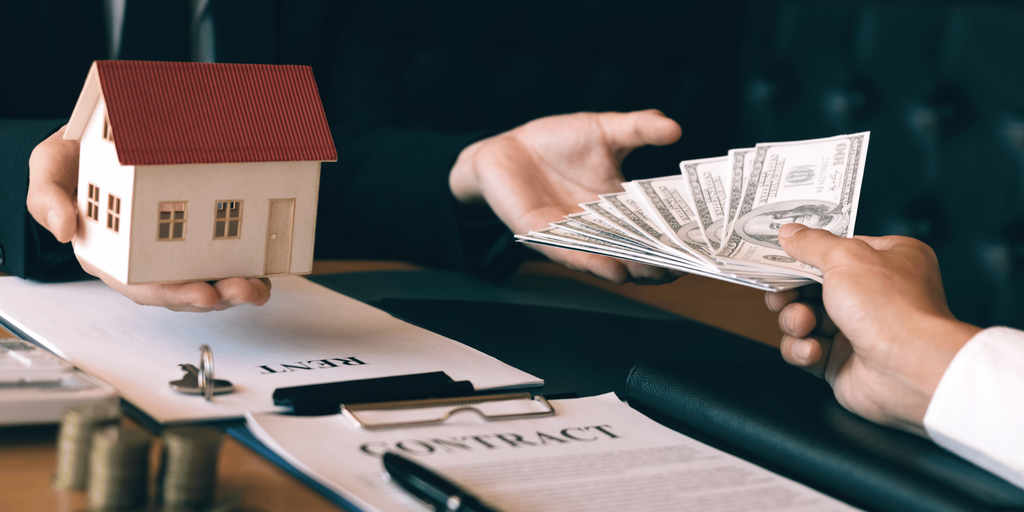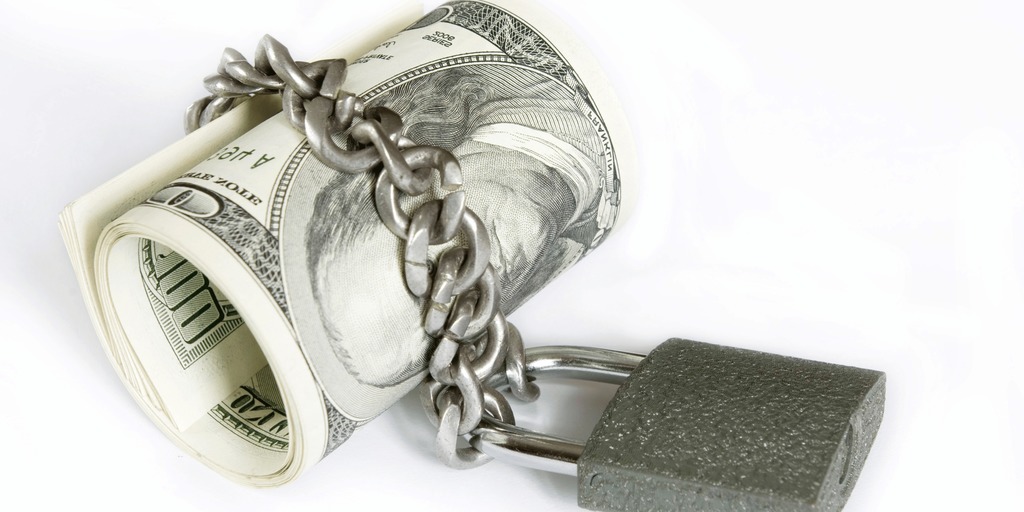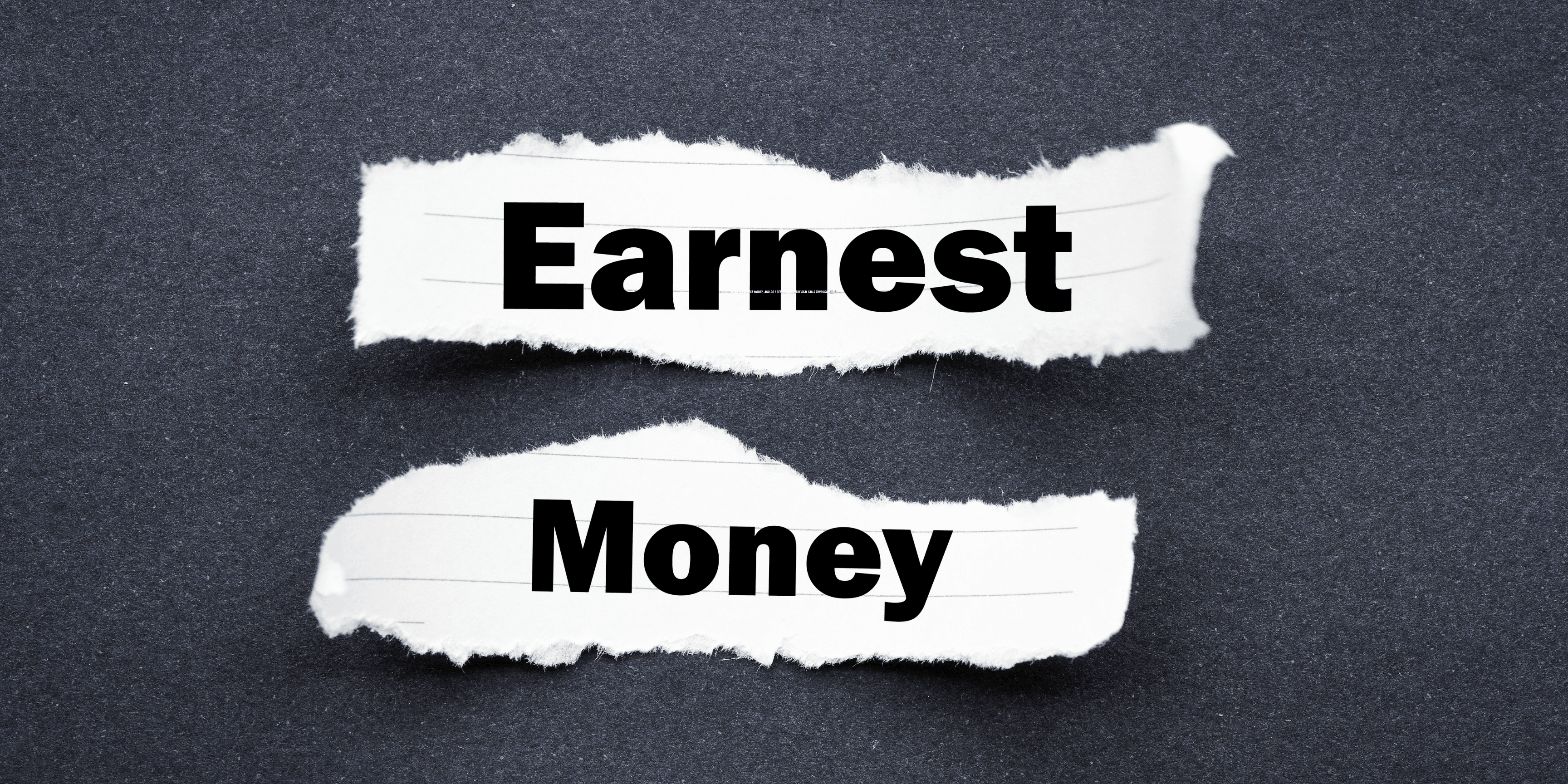Hey there, future homeowner! 👋 If you’re diving into the home-buying process, you’ve probably heard the term earnest money. But what exactly is it, and what happens to it if the deal falls through? Let’s break it down in simple terms!
What Is Earnest Money?
Think of earnest money as a good faith deposit—it shows the seller that you’re serious about buying their home. It’s typically 1-3% of the home’s purchase price and is held in an escrow account until closing. This money is applied toward your down payment or closing costs when the deal is finalized.
Do You Get Your Earnest Money Back?

The short answer? It depends. Here’s when you can and cannot get it back:
✅ You get it back if:
- The contract includes contingencies (like financing or home inspection) and you legally back out.
- The seller breaches the contract.
- You and the seller mutually agree to cancel the deal.
❌ You may lose it if:
- You back out for personal reasons not covered in the contract.
- You fail to meet contract deadlines.
- You waive contingencies and later change your mind.
How to Protect Your Earnest Money:

🔹 Include contingencies in your contract for financing, appraisal, and inspections.
🔹 Stick to deadlines outlined in the agreement.
🔹 Work with a trusted real estate agent (like me! 😉) to ensure everything is handled correctly.
Earnest money is a key part of buying a home, but understanding how it works can help you avoid costly mistakes. Have questions? Drop them in the comments or reach out—I’m happy to help! 🏡✨


